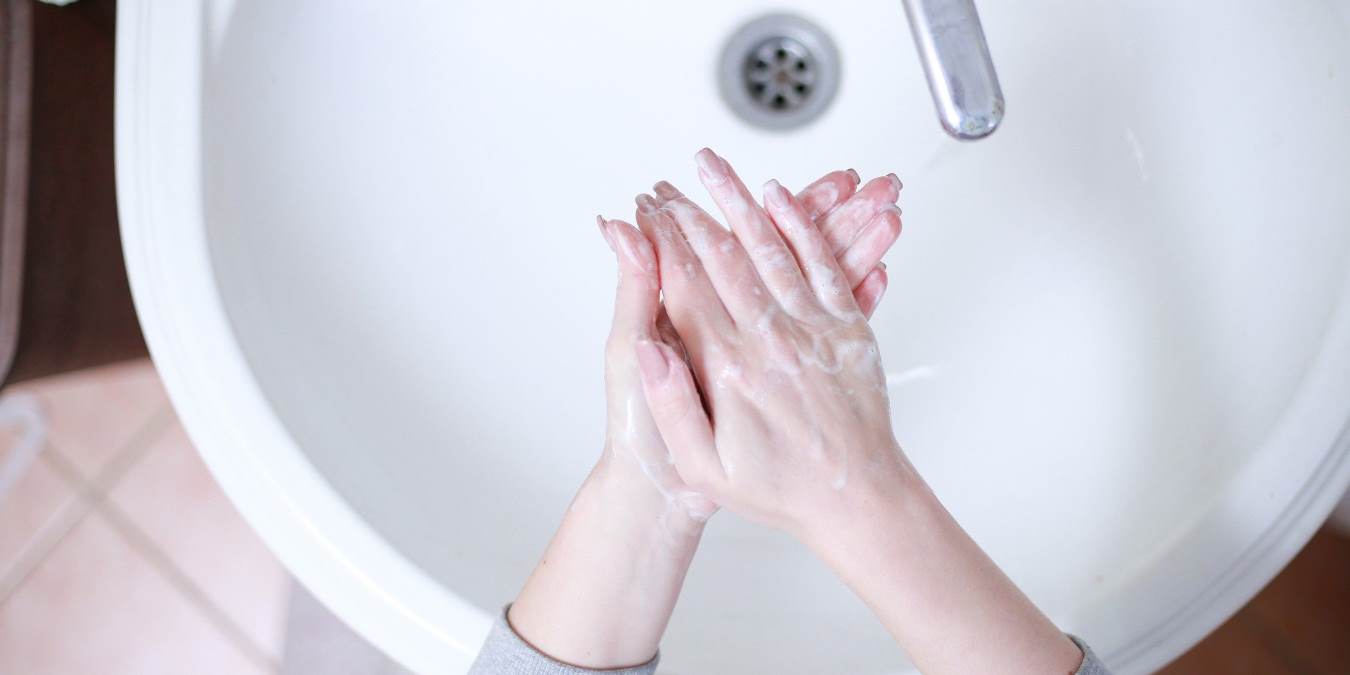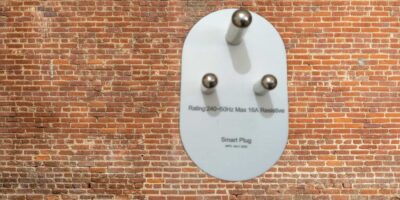
In the past, we’ve analyzed ways which IoT can help us in a post-COVID-19 world. At the time of writing, health analysts are still unsure about the future of the coronavirus. If it’s going to stay around, IoT can play a vital role in getting us back on track.
As such, with the pandemic remaining in full swing, IoT for hospitals is growing to help people beat the coronavirus. For example, a startup called Hy-genie is developing smart hand sanitizer dispensers.
What Makes It Smart?
A smart hand sanitizer dispenser sounds like a novelty at first, but Hy-genie designed it to be anything but. Its primary use is to ensure everyone working in the hospital used the sanitizer enough times over the course of a day.

The sanitizer comes in two models: full and “lite.” The full version records when someone uses the sanitizer then reads the name badge of the health worker to record who used it. It will store all this data in a hub for people to see.
The idea is that hospitals can use the full model to check who’s up to date on their sanitization and who may need a refresher. Hospitals can use the data to flag people who are overdue on their sanitization and send them a message reminding them to clean their hands.
The “lite” version is more for public use. It only records how many times the sanitizer was used and stores that data; there is no system that attaches a use to a specific user.
This lightweight version will therefore have less of a focus on an individual and more on people as a whole. The data will be of use to experts who want to track how people use the sanitizer and how they may improve distribution to improve the public’s hygiene.
Hy-genie is rolling out this technology in the Alder Hey Children’s Hospital after a successful trial. If it’s successful, smart hand sanitizer dispensers may be a thing of the future.
Another Case of Big Brother?
This may sound a little scary: it’s reasonable to assume this may end in “sanitization shaming.” If people’s identities are logged every time they use the device, then people who don’t use it enough may suffer consequences.

Fortunately, the CEO of Hy-genie, Gavin Delaney, understands this. In an interview about the smart hand sanitizer dispensers in the Alder Hey Children’s Hospital, he said:
Every time you touch a pass on a door opener, or you go into radiography, or you get drugs out, you’ve been tracked anyway. So it’s about making sure that it’s a positive experience and as little hassle as possible.
Where you have a busy workforce, such as hospitals, one of things they don’t particularly like is people coming, measuring them and telling them that they are wrong. They get a lot of timewasters – and it distracts from their core task.
He also mentions how he feels “a little bit uncomfortable” with how he’s creating a business that will directly profit from the COVID-19 scare. He does go on to say that the trial run in the hospital was accepted not for profit but for how handy it is for hospital workers to get that level of hand sanitization.
A New Frontier for IoT
We’ve covered IoT’s potential for use during the coronavirus pandemic before, and now we’re seeing real movement occur within the space. If COVID-19 will linger on, these new developments will be beneficial for everyone.
Even if the coronavirus does die off, the effects it had on the world may not be undone. Workers may still wash their hands regularly (and should!) and maintain a healthy distance from each other. As such, IoT still has a place after COVID-19 passes by and people are more health conscious.
Smart Sanitizers
With the recent development and application of smart hand sanitizer dispensers, it shows what the future holds for IoT in healthcare. Whether COVID-19 dies off or continues to make the rounds, IoT has proven to have a place in the medical world.
If you’re feeling unwell, did you know that Siri can help with coronavirus symptoms?










